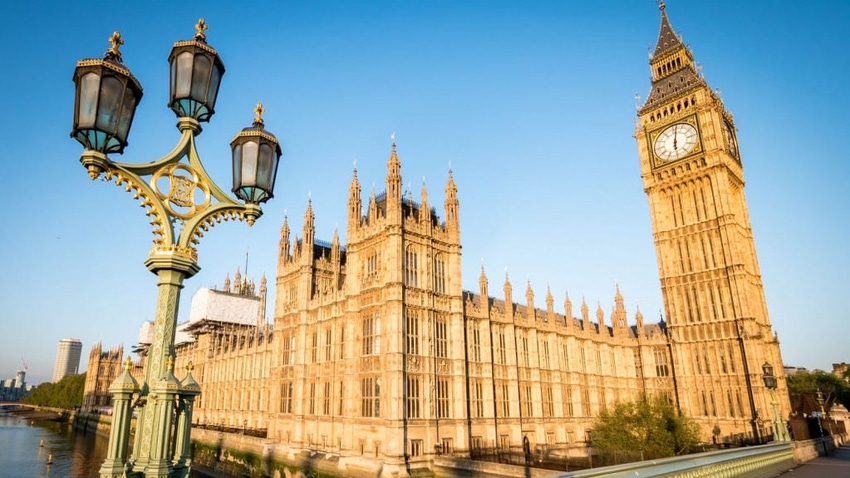BT and other UK telcos asked to stop forceful digital phoneline switchover as telecare devices fail
UK telcos including are being asked by the government to stop the forced digital switchover of phonelines until they have implemented protections for vulnerable households using lifesaving devices.
December 19, 2023

Following reports of serious incidents of device failures caused by the switchover, the Technology Secretary, Michelle Donellan, set up a meeting with the telcos and regulator Ofcom.
The phone providers who were asked to pause any forceful transition signed a charter which commits them to a set of measures ensuring to protect vulnerable households. These specifically include those that use personal alarms, also known as telecare, offering remote support to elderly, disabled, and vulnerable people.
“The move represents a positive step by industry to make sure safety continues to be at the heart of the nationwide switchover and provides reassurance to vulnerable households,” reads the statement by the Department for Science, Innovation and Technology.
The irony being that the transition from analogue Public Switched Telephone Network (PSTN) to digital telephony through an internet connection, eg Voice over Internet Protocol (VoIP), is to deliver “a modern network which is secure, efficient, and fit for the future.”
But a number of telecare users had reported device failure when trying to use their devices after the so-called upgrade had taken place.
Luckily, Donellan is now optimistic that “a cast iron set of principles [will] reassure people and put their minds at ease.” The new measures agreed by the telcos include the following:
Providers will conduct additional checks on customers who have already been forcibly migrated to ensure they do not have telecare devices the provider was unaware of, and if they do, to ensure suitable support is provided.
No telecare users will be migrated to digital landline services without the provider, customer, or telecare company confirming they have a compatible and functioning telecare solution in place.
Providers will be required to work to provide back-up solutions that go beyond regulator Ofcom’s minimum of one hour of continued, uninterrupted access to emergency services in the event of a power outage.
They will collectively work with Ofcom and the UK government to agree a shared definition of ‘vulnerable people’ for this transition, so it is no longer dependent on the company and establishes an industry wide standard.
“When people need help, they should have every confidence that the services provided to them will get them the assistance they need, and I am clear that recent failings must never happen again.” said the Minister of State for Department for Science, Innovation and Technology, John Whittingdale.
“It is important we have a telecoms networks fit for the modern age and it’s right the technology is updated to keep pace with the demand we place on it, but in modernising the network providers must also work closely with customers to understand their needs, particularly the most vulnerable customers. The Technology Secretary and I are united in this mission and will keep the pressure on network providers to ensure they are making good on these commitments.”
Last week the parliament hosted a cross-party debate discussing the device failures and the analogue to digital transition more broadly. Brought about by Scottish Liberal Democrat MP Alastair Carmichael, it was argued that VoIP telephony solutions were not as resilient in the face of adverse weather, and predominantly for communities in rural areas that are more prone to power cuts than urban areas in the winter months, leaving customers more vulnerable in those cases of power outages.
The bottom line remains that while an analogue to digital transition is inevitable, it should be done with careful consideration for the end-users and not just the industry.
About the Author(s)
You May Also Like








.png?width=300&auto=webp&quality=80&disable=upscale)


_1.jpg?width=300&auto=webp&quality=80&disable=upscale)


.png?width=800&auto=webp&quality=80&disable=upscale)